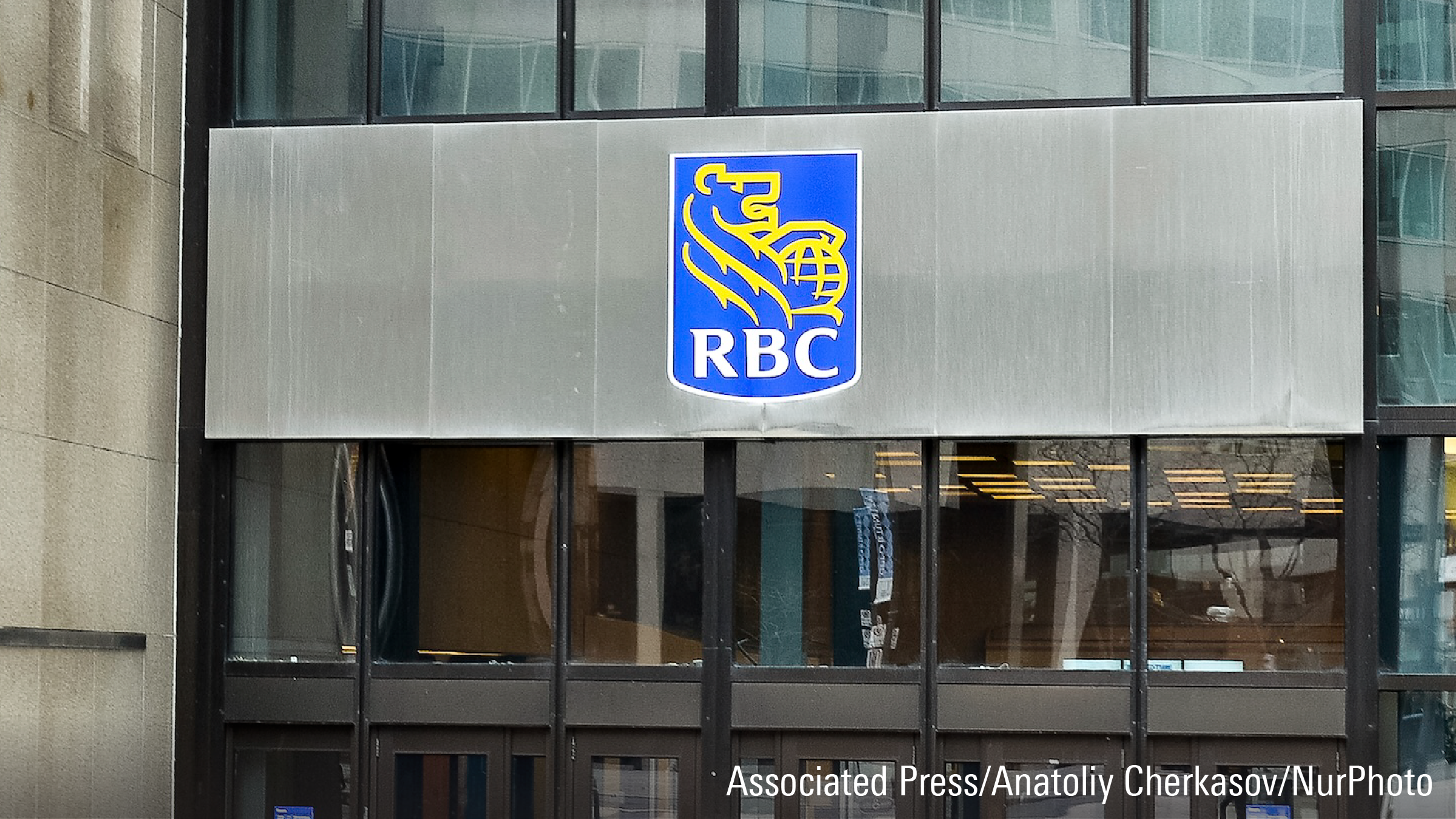
When I first moved to Canada, I remember feeling many things. Excitement, fear, anticipation, and above all else, a feeling of homecoming. I was made to feel welcome in so many ways, from new immigrant meet-ups to orientation events at the Toronto Public Library (I can’t wait for all services to resume, BTW.) But back to the welcome I received, one thing that stands out in my mind was the sheer number of people reaching out to sell me Canadian financial products.
It started with the bank advisors, and then progressed to insurance agents, financial educators, financial planners, and even one real estate agent who “advised on the side.” Thanks to Morningstar, I knew which ones to engage with, and which to avoid with a 10-foot pole. But not everyone can tell the differences in the alphabet soup which is the financial advice designation space.
And this week, the Financial Services Regulatory Authority of Ontario (FSRA) has stepped into the fray. The FSRA approved the Canadian Investment Regulatory Organization (CIRO) as a credentialing body, meaning CIRO members can call themselves financial advisers.
CIRO was formed in 2023 and includes the Investment Industry Regulatory Organization of Canada (IIROC) and the Mutual Fund Dealers Association of Canada (MFDA). According to a press release, the categories of individuals approved by CIRO, that may use the Financial Advisor title are:
- Registered Representative;
- Mutual Fund Dealing Representative;
- Portfolio Manager; and,
- Associate Portfolio Manager
What Does This Mean?
The way the press release puts it, with the implementation of the Financial Professional Title Protection Act, 2019, (FPTPA), usage of the titles "Financial Advisor" and "Financial Planner" is restricted to professionals who meet or exceed minimum proficiency and continuing education thresholds and who are subject to a code of conduct that requires that they put the interests of clients first. "By approving CIRO as a credentialing body, tens of thousands more investment professionals will be able to use the Financial Advisor title," said Huston Loke, Executive Vice President, Market Conduct at FSRA.
While this might be true – according to its website, CIRO sets and enforces rules for the business and financial conduct of 262 Canadian investment and mutual fund firms and their 108,000 representatives across Canada – many in the field, including Morningstar, have questioned the wisdom of allowing professionals at varying levels of skill and knowledge to call themselves financial advisers.
For example, according to CIRO, in an August 2023 publication on Proposed Clarifying Amendments to Registration and Proficiency Requirements, a ‘Registered Representative’ needs to have:
On the other hand, a portfolio manager needs to complete the Conduct and Practices Handbook Course along with either a Canadian Investment Manager Designation, a Chartered Investment Manager Designation or a CFA Charter administered by the CFA Institute – and must have relevant experience.
The two levels of education and qualification requirements are not the same, yet both registered representatives and portfolio managers can call themselves “Financial Advisors.”
Why Does This Matter to Canadians?
I know that when I walk into my bank branch for an appointment with a ‘Financial Advisor,’ I am picturing speaking to a professional who is knowledgeable about multiple products, and most importantly, one who is looking out for my interests. However, with this new development, chances are I might get a branch employee who completed an industry entry level course.
Financial professional certifications matter, because they indicate a certain level of education and/or training and, in some cases, relevant work experience. To gain a CFA, or a Certified Financial Planner designation, candidates need to pass standardized exams, and are then governed by the ethical and professional standards of the organization that issues the certification. Some have continuing education requirements to ensure that the professionals remain up to date on the goings on in the industry.
I don’t know about you, but I would feel far more comfortable knowing that my advisor had been through – and continues to go through – those steps.
Titles Are Not the End - Merely a Beginning
Finally, it is important for investors to remember that certifications, charters and designations are a useful indicator of an advisor's expertise, but they are not a guarantee.
“The core issue around titles has to do with fiduciary duty. A true fiduciary has the obligation to act in the best interest of their client, or in other words represent that client’s interests as if it were their own – much like a lawyer or other professional would act in the best interest of their client. This can be the case in certain instances of financial advice, but I would argue is not the norm, particularly when dealing with ‘advice,’ provided by retail bank representatives,” explains Morningstar Director of Investment Research Ian Tam.
He further adds that the amount of training provided to ‘advisors’ in this channel and the way that they are compensated puts them quite far from the concept of fiduciary duty. “Meanwhile, I would argue that licensed portfolio managers are much closer to the concept given much stricter requirements and typically fee-based compensation arrangements. Under the current rules, both are broadly referred to as ‘Financial Advisor’ which might be misleading especially to those new to the country or new to investing,” Tam says.
The person who cares most (or should care most) about your money is you. So you need to choose your financial advisor wisely, and with thorough due diligence. The good news is that selecting an advisor who's a good fit for your needs doesn't have to be an overwrought process. As Morningstar’s director of retirement research Christine Benz puts it in her finding an advisor checklist, “The real first step when seeking an advisor is to think through what you're looking for: your goals in seeking an advisor, what sort of relationship makes sense given those goals, and how much help you expect to need on an ongoing basis, among other issues. Armed with that information, you can then seek advisors who fit your self-made description.”
You can find a 5-step process for picking a financial advisor here.
The opinions expressed here are the author’s. Morningstar values diversity of thought and publishes a broad range of viewpoints.





:quality(80)/cloudfront-us-east-1.images.arcpublishing.com/morningstar/UEGBDMVEKZHSPOTU7BXUZMQEQA.jpg)
:quality(80)/cloudfront-us-east-1.images.arcpublishing.com/morningstar/MNPB4CP64NCNLA3MTELE3ISLRY.jpg)
:quality(80)/cloudfront-us-east-1.images.arcpublishing.com/morningstar/G3DCA6SF2FAR5PKHPEXOIB6CWQ.jpg)












